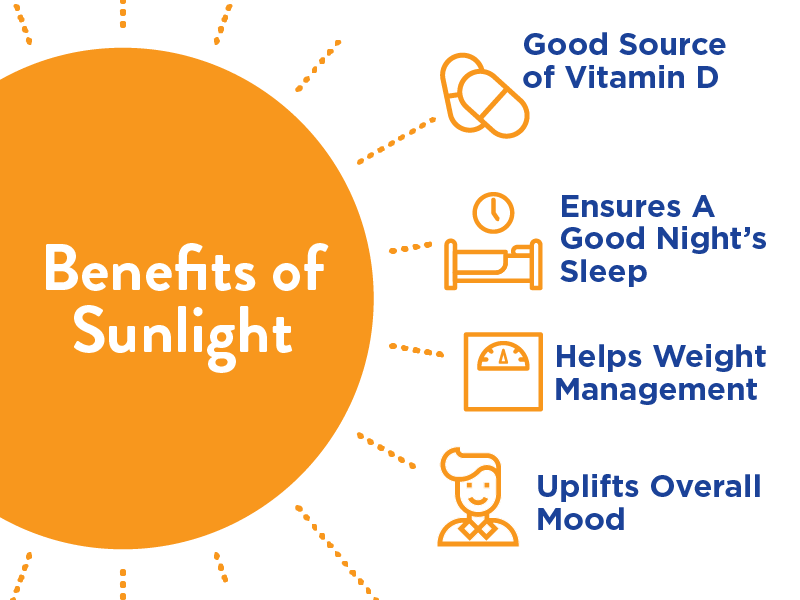Your health is your greatest asset, and proactively monitoring it can help prevent many chronic illnesses. One of the simplest ways to gauge your health status is by understanding your Body Mass Index (BMI).
At Aide Chemists, we have recently introduced an innovative Health Assessment Tool, Aide Health Check that provides vital insights into your health by measuring indicators such as BMI, blood glucose, blood pressure, and HbA1c for adults. In this post, let's explore BMI in detail—its interpretations, implications for your health, relevance for both adults and children and practical tips to maintain a healthy BMI.
What Exactly is BMI?
Body Mass Index (BMI) is a widely-used measure to assess whether an individual has a healthy body weight relative to their height. It is calculated using the following formula:
BMI=Weight (kg)/ Height (m)2
Though BMI does not directly measure body fat, it correlates closely with direct measures of body fat percentage, making it a practical screening tool.
Interpreting Your BMI Results
The World Health Organization (WHO) provides standard categories for adults based on BMI values:
| BMI Value | Weight Status |
|---|---|
| Below 18.5 | Underweight |
| 18.5 – 24.9 | Normal (Healthy weight) |
| 25.0 – 29.9 | Overweight |
| 30.0 and above | Obese |
Example Calculation:
-
A person who weighs 68 kg and is 1.7 m tall would have a BMI of:
68/(1.7)2 = 23.5 (Normal Weight)
Health Risks Linked to BMI
BMI classifications help identify potential health risks:
-
Underweight (BMI <18.5):
Increased risks of malnutrition, anaemia, osteoporosis, weakened immune system, and fertility issues. -
Overweight or Obesity (BMI ≥25):
Associated with a higher likelihood of developing:-
Heart diseases (such as coronary artery disease)
-
High blood pressure (hypertension)
-
Type 2 diabetes
-
Stroke
-
Sleep apnea and breathing problems
-
Certain cancers (breast, colorectal, kidney)
-
Osteoarthritis (joint problems)
-
Mental health conditions (depression, anxiety)
-
Is BMI Relevant for Children and Teens?
Yes, BMI is relevant for children and teenagers, but it is interpreted differently. In children and adolescents (ages 2–19), BMI is age and sex-specific, often referred to as BMI-for-age. Children grow at different rates, and their body composition varies considerably throughout childhood and adolescence.
Healthcare providers use growth charts (such as those from WHO or CDC) to determine a child's BMI percentile:
| BMI Percentile | Category |
|---|---|
| < 5th percentile | Underweight |
| 5th to < 85th percentile | Healthy weight |
| 85th to < 95th percentile | Overweight |
| ≥ 95th percentile | Obesity |
Example:
-
A 10-year-old child with a BMI at the 87th percentile would be considered overweight.
It is crucial to consult healthcare professionals who use appropriate charts to interpret BMI accurately in children.
How to Improve Your BMI: Practical Recommendations
Improving your BMI involves sustainable lifestyle changes:
1. Eat a Balanced Diet
-
Consume plenty of fruits, vegetables, whole grains, lean proteins (like fish, poultry, beans), and healthy fats (olive oil, avocado).
-
Limit sugar-sweetened beverages, processed snacks, fast food, and refined grains.
2. Increase Physical Activity
-
Aim for at least 150 minutes per week of moderate-intensity aerobic activities (e.g., brisk walking, cycling, etc).
-
Include muscle-strengthening activities at least 2 days a week to improve muscle mass and metabolism.
3. Maintain Hydration
-
Adequate hydration supports metabolism and helps control appetite. Aim for at least 2 litres (8 glasses) of water daily.
4. Quality Sleep
-
Adults require 7–9 hours of restful sleep each night. Poor sleep can disrupt metabolism and contribute to weight gain.
5. Manage Stress Effectively
-
Chronic stress raises cortisol levels, contributing to abdominal fat accumulation. Incorporate stress management techniques like mindfulness meditation, yoga, or regular relaxation exercises.
Beyond BMI: The Comprehensive Approach to Health
BMI is a valuable indicator, but it does not capture the whole health picture. It's essential to complement BMI measurements with other health indicators such as:
-
Blood Pressure: indicates cardiovascular health.
-
Blood Glucose Levels: screens for diabetes and prediabetes.
-
HbA1c: measures average blood glucose over approximately 3 months, critical for diabetes management.
Our Health Assessment Tool, the Aide Health Check provides you with these vital metrics, enabling you to take informed actions towards better health.
Conclusion: Take Control of Your Health
Understanding your BMI empowers you to make proactive decisions for a healthier life. While it’s not a perfect measurement—particularly in athletes or individuals with significant muscle mass—it is an excellent starting point to understand your health risks.
For accurate health assessments—including BMI, blood glucose, blood pressure, and HbA1c—take advantage of our user-friendly Health Assessment Tool today!
Remember: Your health matters, and prevention starts with awareness!
References:
Centers for Disease Control and Prevention. (2022). BMI for children and teens. CDC Growth Charts. Retrieved April 27, 2025, from https://www.cdc.gov/growthcharts/clinical_charts.htm
Centers for Disease Control and Prevention. (2022). Adult obesity facts. Retrieved April 27, 2025, from https://www.cdc.gov/obesity/data/adult.html
World Health Organization. (2023). Body mass index (BMI). Retrieved April 27, 2025, from https://www.who.int/data/gho/data/themes/topics/topic-details/GHO/body-mass-index






